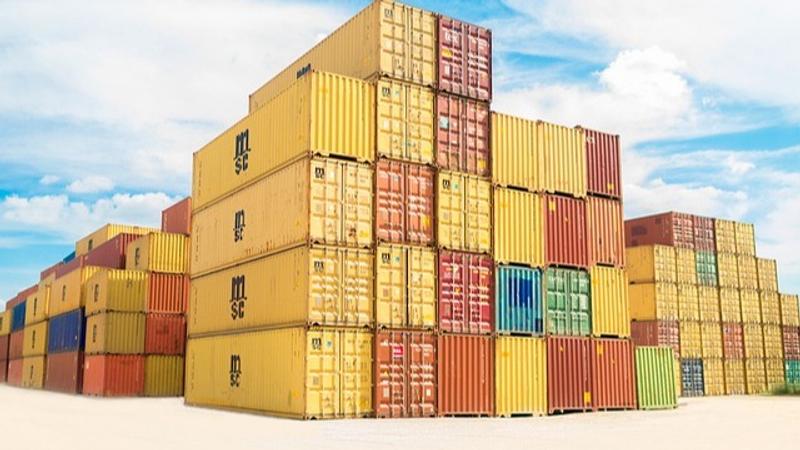Published 17:07 IST, December 24th 2024
'Oversupply From 2025...' CRISIL Bets Big On Exports In This Sector Till 2030 - Report
"The growth in production of modules is expected to result in oversupply from Fiscal 2025 onwards leaving room for exports," the report said.

In a recent report, CRISIL stated that India's solar module manufacturing industry is poised for a significant transformation over the next five years, with the export-import balance expected to move substantially.
According to the report, the robust domestic demand for solar modules, estimated at an average of 50-55 gigawatts (GW) annually between the financial year 2024 and 2030 will be a key driving factor for the sector.
However, rising domestic production is likely to result in an oversupply from the fiscal year 2025 onwards, creating opportunities for exports.
"The growth in production of modules is expected to result in oversupply from Fiscal 2025 onwards leaving room for exports," the report said.
India has exported around 7 GW of solar modules in FY24, which makes up around 50 per cent of the country's production.
As domestic production surpasses local demand, the report anticipates that overcapacity in module manufacturing will enable export opportunities in the future.
Despite this positive outlook, the share of exports in production is expected to moderate to 25-32 per cent by FY30, on the back of rising domestic consumption needs.
Additionally, absolute exports are expected to grow steadily during the period.
The report also noted that the share of exports in production is expected to moderate between 25 per cent and 32 per cent over the years owing to rising domestic consumption needs.
In terms of imports, the reimposition of the Approved List of Models and Manufacturers (ALMM) from the financial year 2025 and increasing nameplate capacity are executed to reduce import dependency by higher margins. Import reliance for solar modules stood at 59 per cent in FY24 and is likely to fall to 5-10 per cent by FY30.
The domestic solar industry, however, will continue to depend on imports for upstream components like polysilicon, wafers, and cells due to limited integrated manufacturing capacity in the country.
Further, the report noted that falling prices of solar components over the last three years have supported imports. Even though this trend is expected to change with the growth of domestic manufacturing, the dependence on imports for certain critical components is unlikely to be eliminated entirely.
India's solar module manufacturing sector is set to rise simultaneously with growing production capacity and supportive policy measures. Additionally, solar module manufacturing sector is set to play a larger role in global markets, adding to the country's clean energy, while reducing reliance on imports.
Updated 17:07 IST, December 24th 2024